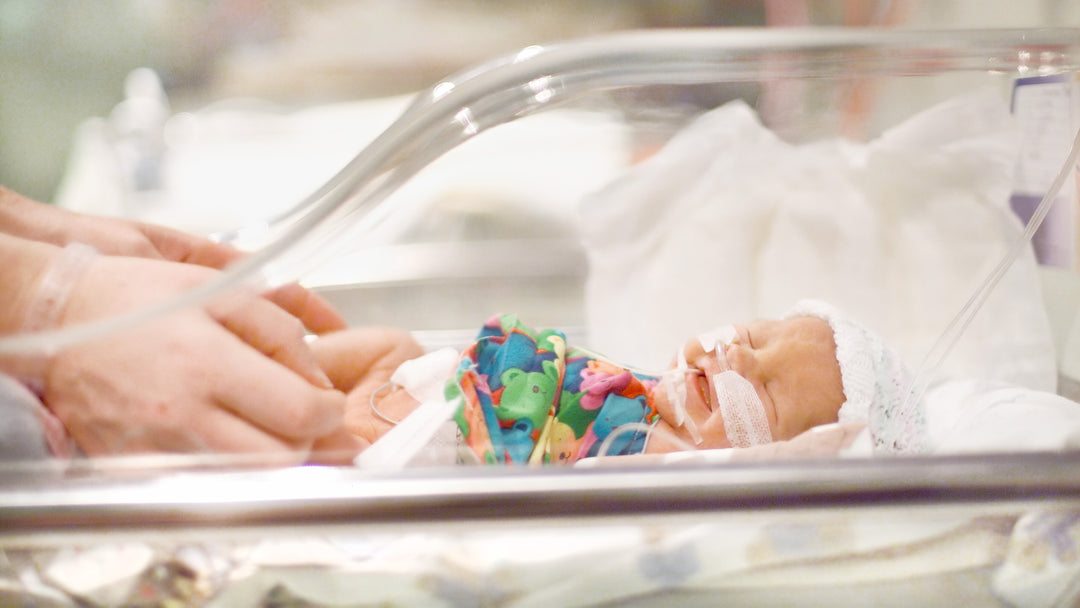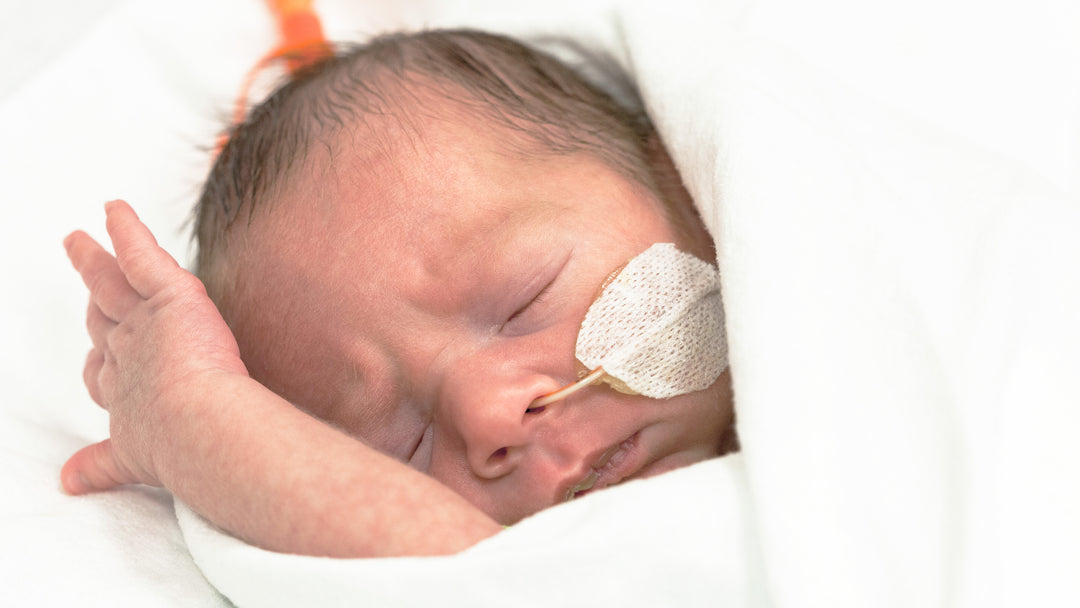10 Questions to Ask your doctor about your preemie.
As a parent of a preemie, it is natural to have many questions and concerns about your child's health and development. Although it can be intimidating ask Doctor's and Nurses questions, remember this is your baby and it is your job as a parent to be their advocate.
While the NICU (Neonatal Intensive Care Unit) is equipped to provide the necessary medical care for preemies, it is also important to have open and honest communication with your child's doctor. To help guide this conversation, we have compiled a list of 10 important questions to ask your doctor about your preemie.
- What are the current medical issues facing my preemie, and how will they be treated? It is important to understand what medical issues your preemie may be facing, as well as the treatment plan that has been developed to address them. This can include issues such as respiratory distress, jaundice, and infection. Your doctor can also provide information on any medications or procedures that may be necessary.
- What are the potential long-term health risks for my preemie? While many preemies go on to have healthy and normal development, there is a risk of long-term health issues such as developmental delays, chronic lung disease, and vision or hearing problems. Your doctor can provide information on the specific risks for your child and what can be done to minimize them.
- How does my preemie's development compare to that of a full-term baby? It is important to have realistic expectations for your preemie's development, as they may not reach milestones as quickly as a full-term baby. Your doctor can provide information on what to expect and what types of therapies or interventions may be necessary to support development.
- What can I do to help my preemie develop and thrive? There are many ways that you can support your preemie's development, including providing skin-to-skin contact, participating in therapy sessions, and following a healthy feeding plan. Your doctor can provide specific guidance on what you can do to support your child's growth and development.
- What are the chances of my preemie developing chronic health conditions? While many preemies go on to have healthy and normal development, there is a risk of chronic health conditions such as cerebral palsy and developmental delays. Your doctor can provide information on the specific risks for your child and what can be done to minimize them.
- Are there any measures that can be taken to reduce the risk of infection while my preemie is in the NICU? The NICU can be a high-risk environment for infection, and it is important to take steps to minimize this risk. Your doctor can provide information on infection prevention measures such as hand hygiene, isolation precautions, and vaccinations.
- How will my preemie's feeding be managed? Feeding can be a major challenge for preemies, and it is important to have a plan in place to ensure that your child is getting the nutrients they need. Your doctor can provide information on the types of feedings that may be necessary (such as breastmilk, formula, or tube feedings) and how to properly care for your preemie's feeding equipment.
- How long will my preemie need to be in the NICU? The length of stay in the NICU can vary depending on the medical issues facing your preemie. Your doctor can provide an estimate of how long your child may need to be in the NICU and what factors will be taken into consideration when determining when it is safe for your child to be discharged.
- What are the chances of my preemie needing to be readmitted to the hospital after discharge? While many preemies are able to go home without any issues, there is a risk of readmission to the hospital. Your doctor can provide information on the specific risks for your child and what steps can be taken to minimize them. This may include regular follow-up visits and close monitoring of your child's health.
- What follow-up care will my preemie need after leaving the hospital? It is important to have a plan in place for ongoing care for your preemie after leaving the hospital. This may include regular check-ups with a pediatrician, therapy sessions, and monitoring for any potential health issues. Your doctor can provide information on what types of follow-up care will be necessary for your child and how to access these services








